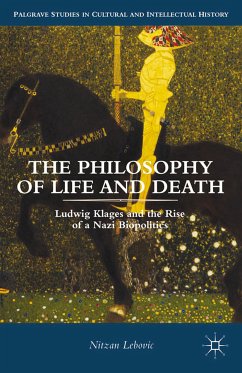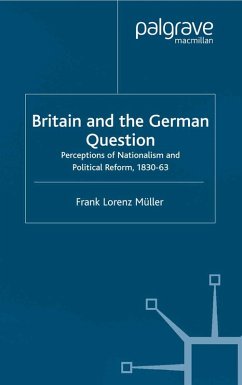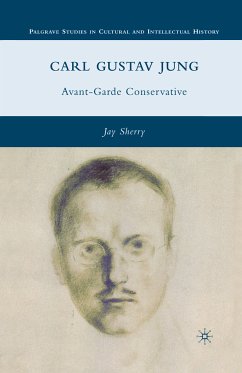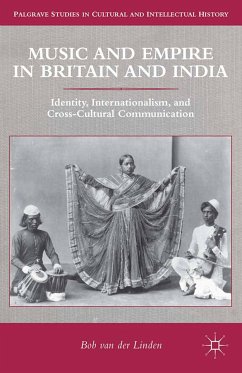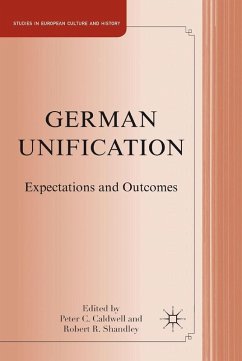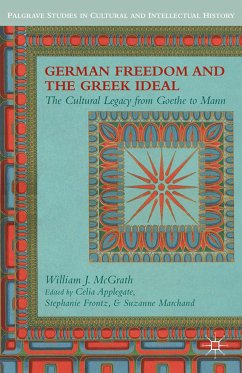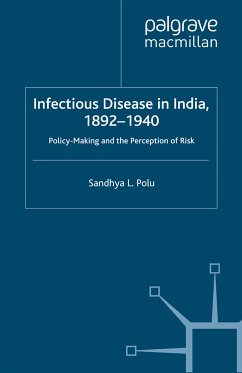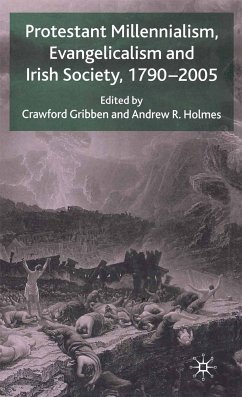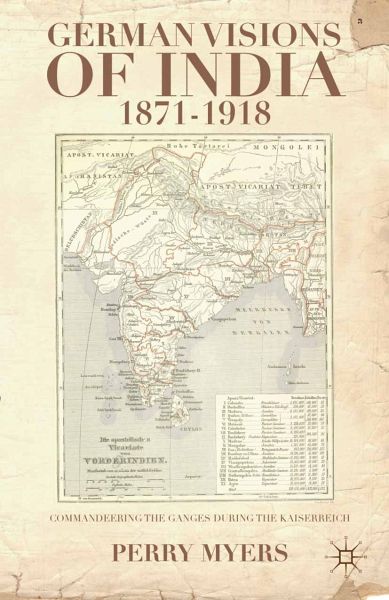
German Visions of India, 1871-1918 (eBook, PDF)
Commandeering the Holy Ganges during the Kaiserreich
Versandkostenfrei!
Sofort per Download lieferbar
40,95 €
inkl. MwSt.
Weitere Ausgaben:

PAYBACK Punkte
20 °P sammeln!
The wide-ranging fascination with India in Wilhelmine Germany emerged during a time of extraordinary cultural and political tensions. This study shows how religious (denominational and spiritual) dilemmas, political agendas, and shifting social consensus became inextricably entangled in the wider German encounter with India during the Kaiserreich.
Dieser Download kann aus rechtlichen Gründen nur mit Rechnungsadresse in A, B, BG, CY, CZ, D, DK, EW, E, FIN, F, GR, HR, H, IRL, I, LT, L, LR, M, NL, PL, P, R, S, SLO, SK ausgeliefert werden.



